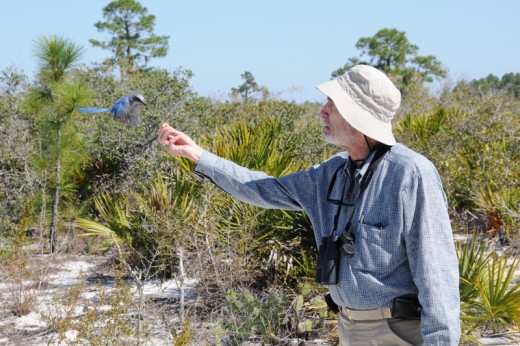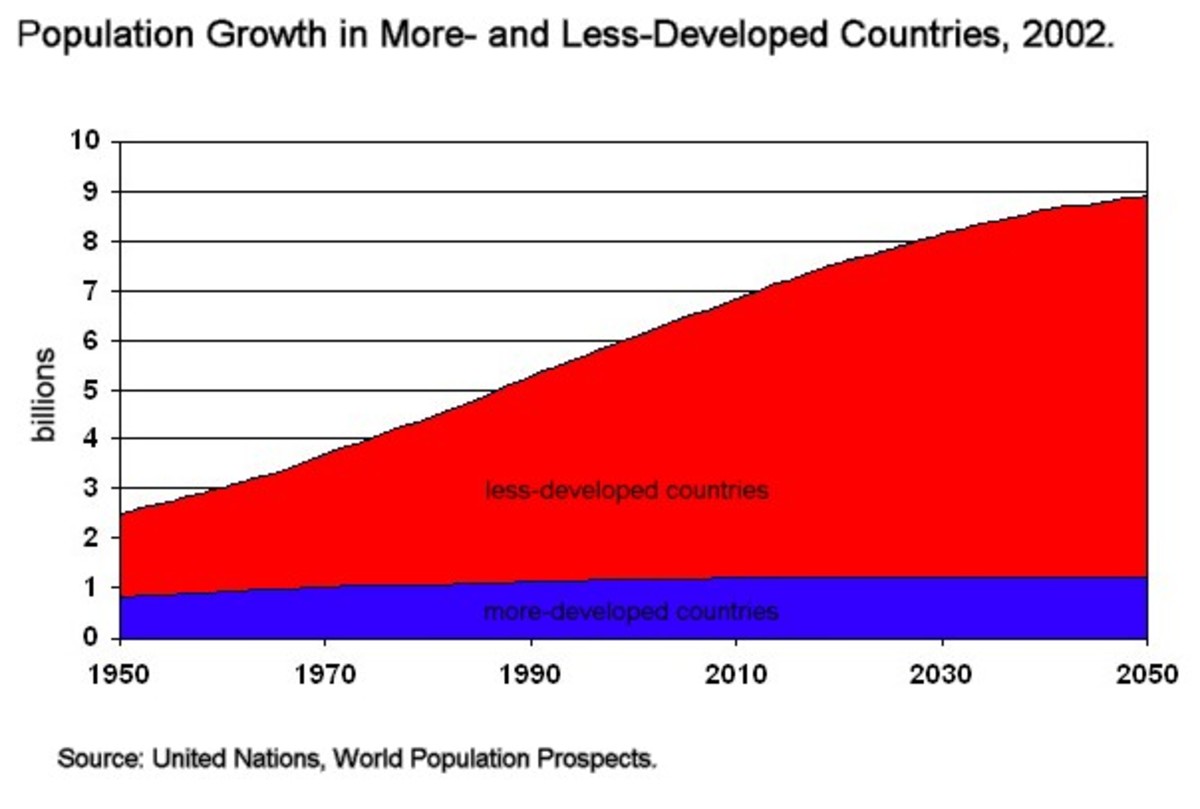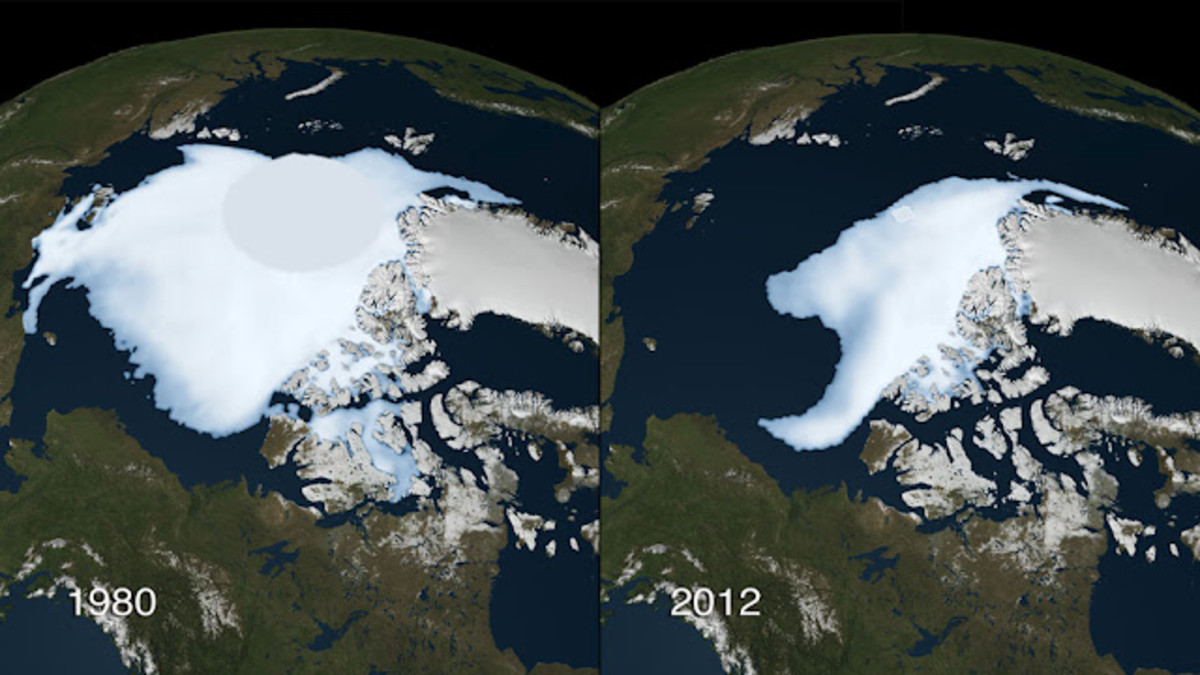Demographic Transition and the Population Disinformation Bomb
How do you feel about the human population issue?

The Demographic Transition
Head for the hills! Paul Ehrlich is coming! Sorry, I couldn't resist the sarcasm. Ehrlich is the principal author of the 1968 book, The Population Bomb. A part of me is surprised that any educated person would take Ehrlich's 19th Century thinking on population seriously. Nevertheless Ehrlich's alarmist screed tapped into the lucrative hell-in-a-handbasket reading market.
Yes, as of 2015, world population is increasing. But do we really want to go on an Environmentalist jihad, and to systematically trample the unalienable rights of people who live in developing countries, in the name of 'saving the planet from ourselves'? Is the draconian Chinese one-child-per-family policy a wonderful thing? Are we full barking mad?
As Mark Twain famously said,
"Never let the facts get in the way of a good story."
In contrast, every scientifically literate person should know about the Demographic Transition. Population-related books and articles that pooh-pooh the Demographic Transition tend to be shallow, Scare-of-the-Month-Club codswallop.
What is the Demographic Transition, anyway? When a traditional society modernizes, there's an initial increase in population growth, fueled by a big decrease in infant mortality.
This is followed by an even more dramatic decrease in birthrate many decades later. The whole multi-step process is known as the Demographic Transition. There are a number of factors that can accelerate the Demographic Transition, and minimize the likelihood of a Haiti scenario. These include:
• urbanization;
• industrialization;
• universal public education;
• rudimentary public health measures, like sanitation;
• respect for the rights of women, enshrined within the law;
• access to birth control, and to information pertaining thereto;
• strong property rights for small landowners, vigorously enforced.
Hand-wringing about hypothetical Malthusian scenarios is a waste of time. Ditto for the ham-fisted Chinese approach to population control. Given the necessary initial conditions, the Demographic Transition is an automatic process.
Assuming that one can provide a reasonable standard of living for one's children, family size is not a moral issue. Pontificating about population alienates people, unless you happen to be preaching to the choir.
Here are a few additional considerations. Some--including yours truly--would consider the Demographic Transition equilibrium population level to be unaesthetic in its own right. More to the point, living standards in developing countries would be higher if their populations were smaller. (More food.)
Some countries are already overpopulated in an economic sense. In these places, the Demographic Transition is not a done deal, and a Haiti scenario is a real risk. For example, many Philippinos work in other countries, because they cannot find decent jobs near home.
There are legitimate environmental issues: overfishing in most oceans, the unsustainable mining of aquifers in the Southwestern USA and in other semiarid regions, soil erosion, and human encroachment on the habitats of endangered species in Australia and on some islands. All of our current environmental issues -- real and imaginary -- would be partially mitigated by a smaller human population. However if a nearly global Demographic Transition is imminent, choosing not to 'do something' about the Population Bogeyman will not lead to The End Of The World As We Know It.


The long, long term
"In the long run, we're all dead."
Notwithstanding John Maynard Keynes' famous witticism, long-term thinking can be worthwhile. On a geological time scale, we're living in a relatively short interglacial. For the last few million years, major advances of continental glaciers have been the rule. Interglacials, like our current Holocene, are essentially punctuation marks. From that long-term perspective, we're due for another major glaciation advance, informally known as an "Ice Age," sometime within the next 2000 years. At that time, the human Carrying Capacities of the lands in Canada and Northern Europe will be less than the population loads that they support at the present time.
When their houses get razed by the advancing continental ice sheets, people will migrate away from higher latitudes. How will people who live at lower latitudes feel about that? Will they welcome climate refugees with open arms? Or will they take the position that the boat is full?
Willy-nilly, Sweden has been preparing for that possibility. And it makes sense on a long-term, hedge-your-bets level. Relative to its small population (just under 10 million), Sweden has been quite generous in receiving refugees from some warmer countries, like Iraq and Somalia. Of course, this is part of a larger picture, which includes strong respect for human rights, and funding the Swedish social security system, in the face of a birthrate that's well below the replacement level. When the fit hits the shan, the nice Swedish people heading South will probably be given a warmer welcome than other Northern European climate refugees.
Economic crises can bring out the best and the worst in people. This point was brought home poignantly in a famous historical novel, by John Steinbeck. The Grapes of Wrath is set during the Great Depression in the USA. It follows the hardships of a family from the Dust Bowl, as they head West, trying to find work in California. Despite the lip service that we Americans pay to freedom of speech, this literary masterpiece was actually banned for a time in places. It was that revealing.
During the next Glacial Advance, some current desert areas will be able to support some kind of agriculture -- even if it is yucky tasting millet. This will partially offset the loss of arable land at higher latitudes. Take the bleak Nullarbor Plain in South Australia. During the last Glacial Advance, this area had trees. How do we know that? Because a Tree Kangaroo skeleton has been found in a cave beneath the Nullarbor Plain.

The politics of the medium long term
The larger question is this: Will there be a nonrenewable resource crunch soon after the Demographic Transition has been firmly established almost everywhere? The USA has already fought two Oil Wars. What's next: a Rare Earth Elements war? If the costs of various raw materials skyrocket, proactive governmental actions could promote a 'softer landing'.
But most people do not want to hear about managing a decline--especially now. Anthropogenic Global Warming (AGW) has been hyped as the mother of all environmental issues, and it has eclipsed all of the legitimate ones.
'Climate fatigue' is currently affecting public opinion even in environmental countries, like Germany. And for good reason. AGW is the biggest scientific fraud since Lysenkoism in the former Soviet Union. And misguided Warmist-inspired policies are already placing serious economic burdens on the people who can least afford them.
It's unfortunate that the Democrats have learned precious little from Jimmy Carter's failed presidency. In general, the governments of the major Western democracies have blown it big-time. For the foreseeable future, the public will not take dire pronouncements about energy and environmental issues from Chicken Little authority figures seriously. They have lost all credibility.
Moreover AGW has left a huge stain on the entire scientific profession. The heretofore unwritten first rule of the Scientific Method was the following:
When you're wearing your scientist's hat, tell the truth, warts and all.
Because most of the big-name Warmist 'researchers' can't even do that, they've delivered a crushing body blow to the image of Science. Many people are beginning to wonder: Are scientists more honorable than lawyers?
Politics aside, there's a very real question about our fair planet's long-term Carrying Capacity. If there are no huge technological breakthroughs in energy production, the long-term Carrying Capacity will be significantly less than the intermediate-term Carrying Capacity. When the Demographic Transition countries hit that slippery slope, living standards will decline, and so will birthrates. (During the Great Depression, the birthrate in the USA dipped below replacement levels.) Social security systems will be severely strained. Retired people everywhere will experience even more difficulties than senior citizens in Japan currently face.
The Japanese have decided that immigration will not be the solution for their social security funding problems. Fortunately, they have a very high savings rate, which partially offsets the current very low Japanese birthrate. And unlike the citizens of some Western European countries, the Japanese can avoid the Clash of Civilizations drama, and continue to be who they are.

Conclusions
Given the graying of populations in the developed countries--especially in Japan and in Western European--there should be a shift in health research priorities. New chemotherapy agents to treat this or that type of cancer are all well and good. But there should be more emphasis on quality of life. New technologies for successful smoking cessation, for reversing obesity, and for prevention of diabetes and its complications should be prime concerns.
We should explore more low-cost ways to help senior citizens remain ambulatory and live independently. Let's optimize physical exercise programs for seniors, and make these programs more sustainable and less 'boring'. I have a small suggestion in this area. Here's a link to my hub about strengthening weak upper legs.
Environmentalists need to outgrow the alarmist Soylent Green mentality. The movie is good entertainment, but nothing more than that. Here's a link to a HUB that reviews the Charlton Heston classic.
The Demographic Transition is not a panacea for all of our self-made environmental problems. Nevertheless educated citizens--and even our benighted policy makers--should be cognizant of the Demographic Transition.
If we take a few common-sense measures to nurture incipient Demographic Transitions everywhere, human population could turn out to be a self-regulating system, with semi-stable equilibria being the norm, except for a few Malthusian hells in countries with hopelessly corrupt governments.
In the intermediate term, the equilibrium population levels determined by the Demographic Transition may not be to everyone's liking. Living in Northern California has really spoiled me. I would feel like a caged animal, living in the densely-populated Eastern part of China. But there's precious little that we outsiders can or should do about China's population, aside from encouraging economic reform, to accelerate their Demographic Transition.
Future economic crunches--stemming from the next major continental glaciation cycle; or from imprudent stewardship of our natural resources--may prove to be a fly in the ointment of the Demographic Transition model. Nevertheless our experience with the Demographic Transition has shown that people are not dogs and cats. There can be no justification for Big Government placing arbitrary restrictions on reproductive freedom--which we should continue to respect as a fundamental human right.
The perfect little world envisioned by population control advocates is Totalitarian and downright creepy. I say: Let's do our scientific homework; let's be adults about this; and let's not repeat the mistakes of the past.
Totalitarians have always marketed themselves as the guys in white hats. In their public statements, they never say:
Schadenfreude is wonderful! Let's see how much human suffering we can inflict while we're in the driver's seat.
However if you listen closely, they do say:
Oh by the way, the need for implementing our agenda before we reach a catastrophic and irreversible 'tipping point' in the near future is so great, that it'll be necessary to put certain quaint niceties--like freedom of speech--on hold.
The shrillness of tone is a dead giveaway. These days, many of the population and other environmental polemics, written by 'educated' people who should know better, are not even remotely consistent with the available science.
For those who are nostalgic for the intellectual climate of the Middle Ages, one approach is to chip away at the Scientific Method itself. Professor Jerome Ravetz describes some of the implications of Post-normal Science here:
My take on Post-normal Science is best summarized by the Larry Equation:
politics + the trappings of science = more politics
*steps down from soapbox*
Here's a LINK to a hub by Goodpal. It goes into considerable detail about the ongoing success story of the Demographic Transition in Kerala, a state in the Western part of India.




Native animal populations
Some animals readily adapt to human neighbors, and to the domesticated plants and animals that people bring with them, when they settle in new lands. Other native animals are not as flexible.
The charming creature in the photo at the top of this section is a Quokka, one of the smaller members of the kangaroo family. Quokka populations in Western Australia have declined dramatically over the last several centuries. Chalk that up to feral cats, to feral foxes, and to habitat loss from farming. However there's a thriving Quokka community on Rottnest Island, a Nature tourism destination, just off the coast of Western Australia, near Perth.
The Diprotodon--a hippo-sized, plant-eating Marsupial from Austalia--was less fortunate than the Quokka. There are two hypotheses about how they and the other Australian megafauna died out. The first is natural climate change. The second is overhunting, and its associated 'firestick farming', on the part of early humans living on the Island Continent.
Unlike Quokkas in Australia, Coyotes in North America are well-adapted to living near humans. Coyote populations have actually increased since the arrival of European settlers here.
Lemmings, like the one in the photo, are Arctic rodents, who go through dramatic predator-prey cycles. There's an urban legend that many Lemmings go insane, and commit mass suicide, by jumping off cliffs at the peaks of their population cycles. This is supposed to be a cautionary tale for us humans.
The origin of the Lemming myth is a staged Disney 'documentary,' White Wilderness. However Lemmings do attempt mass migrations at these times, and many of them overestimate their swimming abilities when they encounter rivers.
Copyright 2011 and 2015 by Larry Fields







